Fun Ways to Work on Vocabulary
Thanks for stopping by to learn about some fun ways to work on vocabulary with your students. As we know, students often need multiple exposures to learn a new word. Those boring flashcards just aren’t going to cut it! So in episode 35, I go over five different ways to make working on vocabulary fun! Listen below and don’t forget to download your free handout that recaps the strategies so you can refer back to it later! Hey, our students aren’t the only ones that need multiple exposures! 😉
Links & Resources
Full Transcript of Podcast: Fun Ways to Work on Vocabulary Goals
Episode 36: Fun Ways to Work on Vocabulary Goals
You're listening to the Speech Space Podcast, a podcast full of tips and resources for SLPs. I'm your host, Jessica Cassity, and this is Episode 35.
Hey everyone! Thank you for joining me today as we talk about some fun ways to work on vocabulary. Before we get started, I wanted to take a brief moment to let you know that this podcast is brought to you by The Digital SLP membership site, which is a site that features no-print and low prep resources for SLPs. In addition to a growing library of videos that helps to summarize evidence to provide you with information to help make your job easier as an SLP. And next week, I'm actually going to be adding a new feature, which is full access to Boom Cards that I create. If you're not familiar with Boom Cards, then maybe I'll cover that in an upcoming episode. But they're essentially these digital interactive cards that you can access online on the Boom Card site. So to learn more about The Digital SLP membership, please head on over to thedigitalslp.com/digitalslp.
All right, let's go ahead and talk about some fun ways to work on vocabulary. If working on vocabulary is a goal that your student has, then you probably know that you're going to need to think outside of the box just a little bit when it comes to teaching them. Most of our students that come to us, if it were easy for them to learn vocabulary, then they probably would not be in our speech room. And, you know, things like flashcards, they can be great to send home for practice. But it's really just not gonna cut it when you're working on it in speech therapy. Not only are flashcards repetitive and can be boring sometimes, but your students are not as likely to remain interested in that tasks. So today I've rounded up some fun ways to keep your students engaged while working on their vocabulary goals.
So my first idea for you is to play a vocabulary Jeopardy-like game. So to make it as realistic as possible, I suggest getting a buzzer and some pretend money and some index cards. And you're going to create a few categories, like say science, arts, ELA, for example, and then use curricular vocabulary words that you've obtained from teachers and homework assignments or textbooks. And you're going to write the definitions for those words — the pre-selected words — on index cards, and you're going to flip them over and then assign a dollar value. And then you're going to have your student select a category and a dollar value and whichever student — assuming that you're working in a small group — whichever student knows the answer first, they're going to sound their buzzer and provide the definition for the win. And now you could also do this if you're working one-on-one with a student, but I find that it's a lot more fun if you do it in groups. It's especially a really great way to keep your small groups of elementary students engaged.
Now, another fun way to get students to think about words in a different kind of way is to play something that's called "Applause Applause." So for this, you're going to say a target word, and then your students are going to clap at a level that indicates how much this word describes them. So, say for example, they might clap a little bit if you use the word "conceited" or they might clap a lot if you use the word "magnificent." I also like to do this with characters in a story, so you could embed some more language in your session with a short story and then ask students to clap to indicate how much a word does or does not describe a main character.
My next idea is to have students draw on their own experience. So in working on new vocabulary words, it can help to have students make a personal connection with those words. So say you're working on the word "master." Then you can ask your student to talk about a time that they "mastered" something. And then of course writing this down after it's discussed with your student is also a great way to enforce this learning so they can refer back to it later.
My next idea is to let students portray new vocabulary in a visual way. So asking them to use a word in a sentence and then to draw a picture about that sentence is a nice way to move away from the monotony of just using words and definitions. And if your students like comics it can be fun to have them do like a comic strip using vocabulary words, and also, you know, obviously drawing the pictures that illustrate those words.
My next idea and last idea is to have your students act things out. This is a really fun way to work on vocabulary. So this, of course, works best for small groups. And what you can do is read a sentence to them and then have them discuss it amongst themselves and what the word means and have them act at a scene that portrays the meaning of the word. So the great thing about this is that they'll really need to understand the meaning of the word to be able to act it out in a way that makes sense. For example, you could read the sentence, "John was reluctant to ask Sarah to the dance," and then your students could act that out. An alternate way that you could do this is just to give your students a word and ask them to act it out. So you could really just, you know, decide whichever one works best for your student. Either giving them a sentence or just giving them a word, and then having them talk about how they wanna create a scene themselves. So it really just kind of depends on how much guidance your students may or may not need. And you could always start with one and then move to the other once they've gotten more familiar with the activity.
That is it for my strategies for today. I did create a cheat sheet to help you remember these fun ideas. And you can grab that by going to bit.ly/funvocabulary. And just make sure once you get to that page, you scroll down to the bottom and in the "Links & Resources" section, there will be a link right there for you to click for your freebie. I hope that you enjoyed listening today and that you found these tips to be helpful. If you did enjoy the show, please take a second to give a five-star review on iTunes to help your fellow SLPs find the podcast. All right. That is it for me for today. I hope that you guys have a wonderful week.

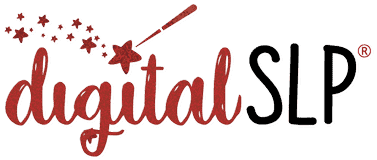
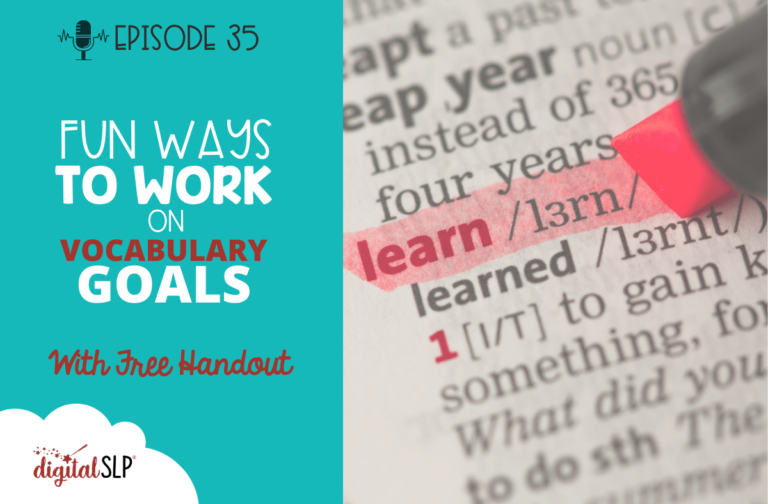
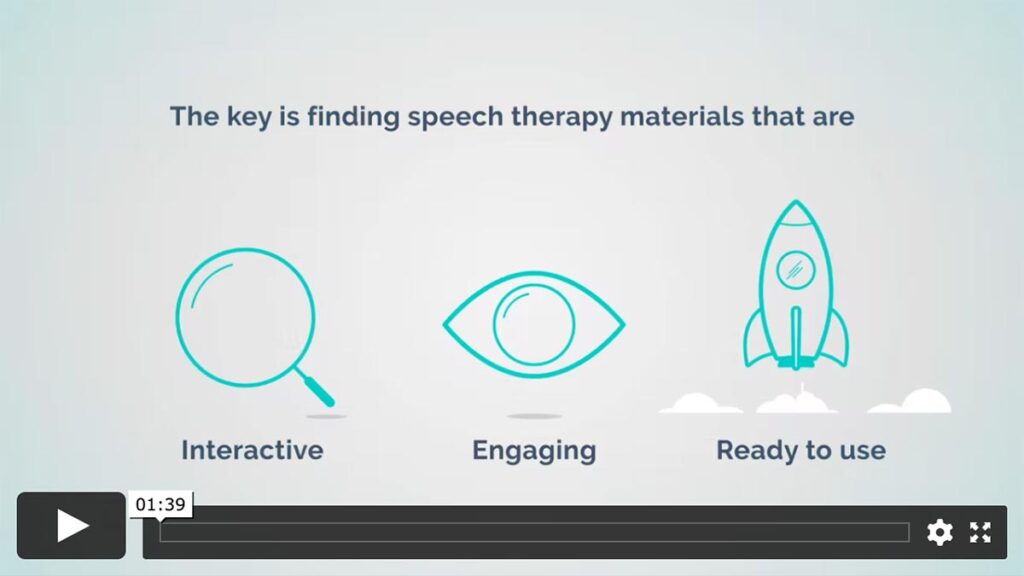
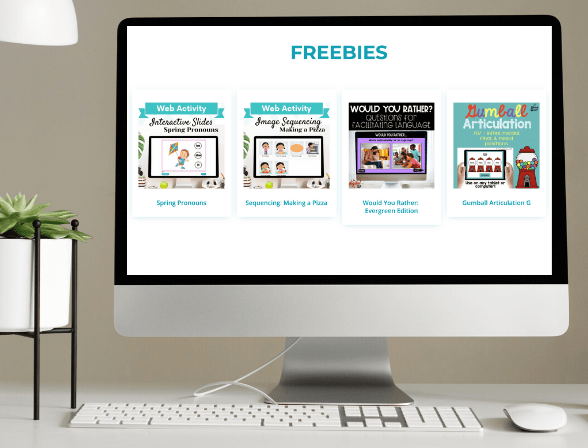

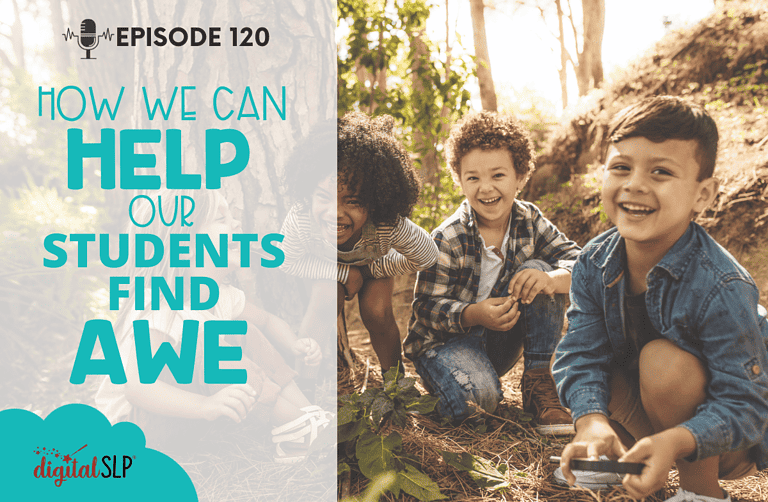
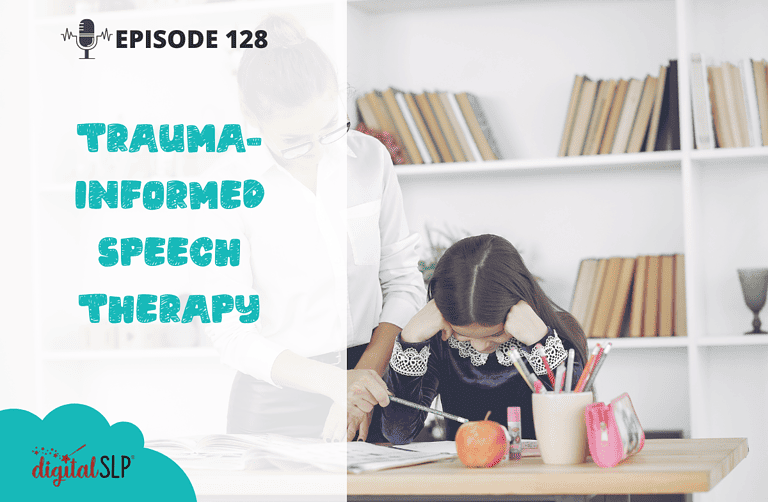
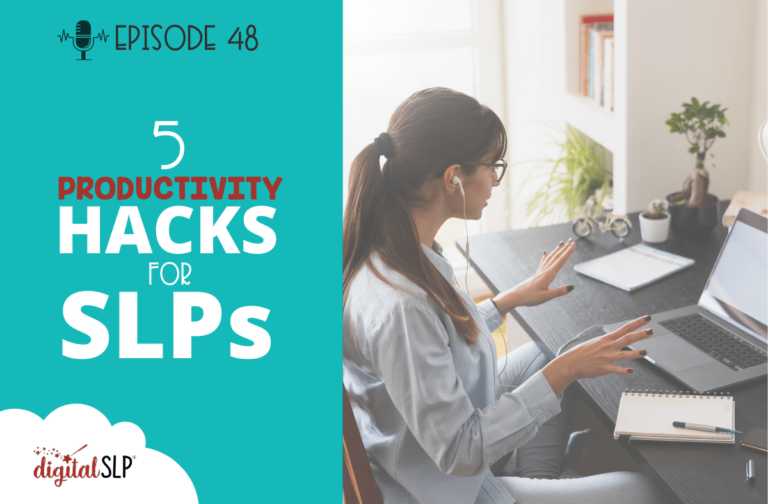
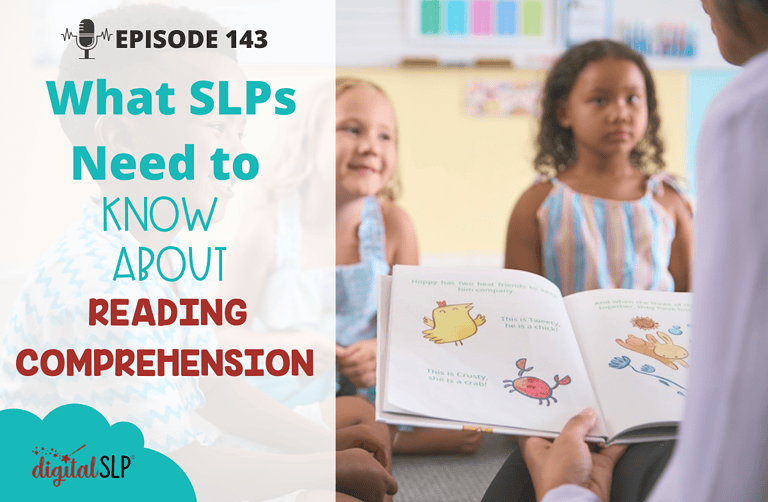
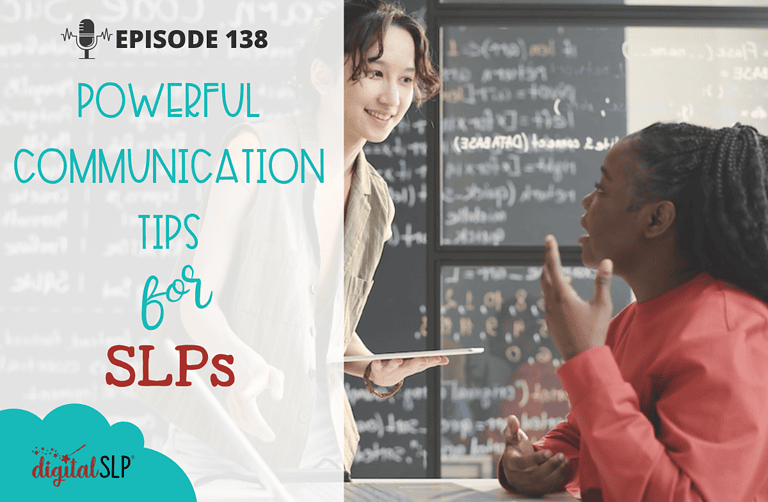
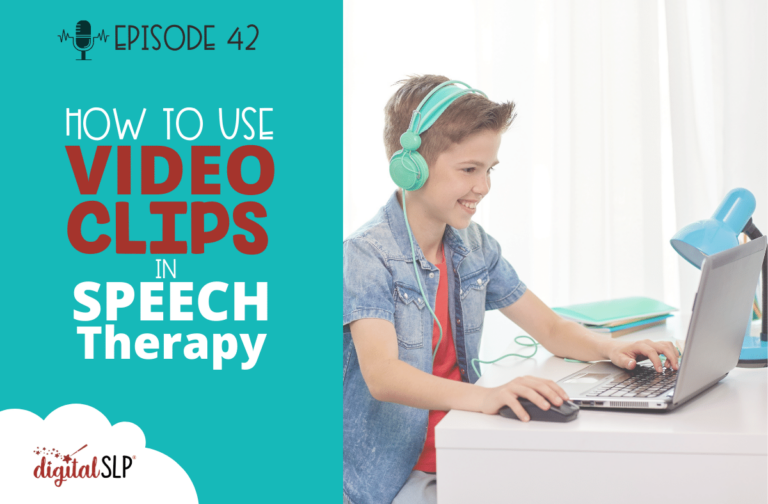
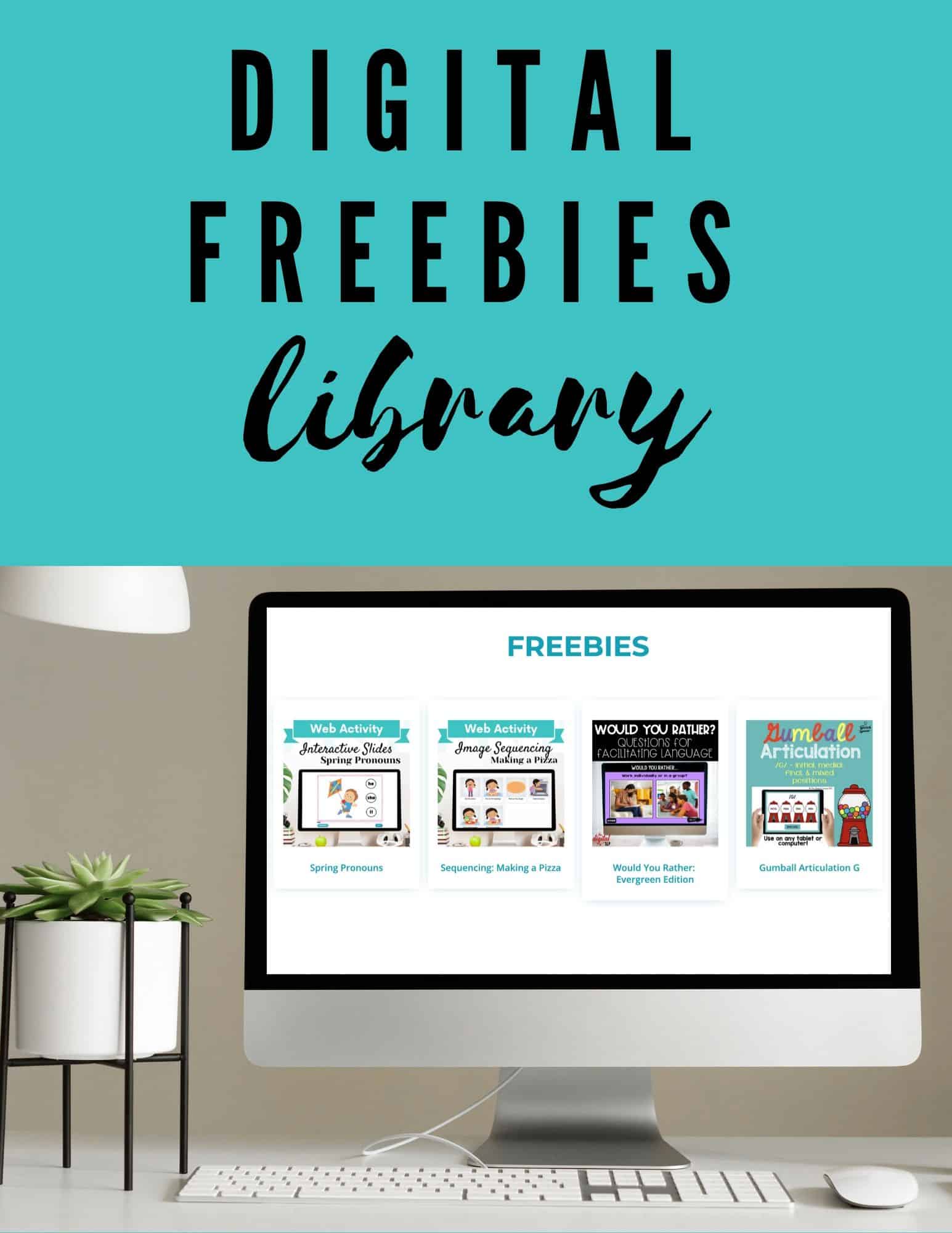
Recent Comments